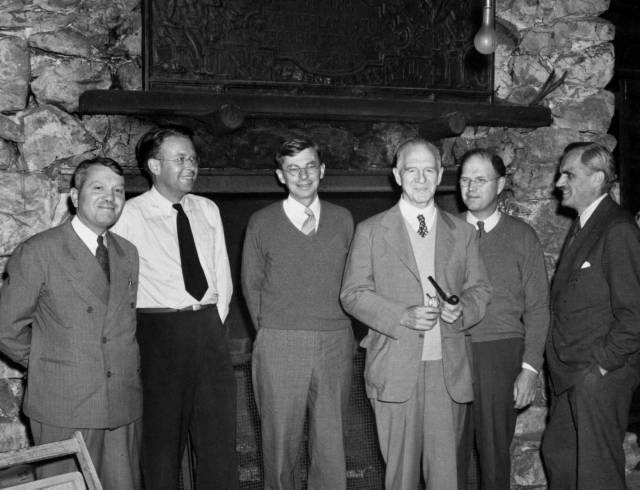
Why are case studies the right methodology for sociology?
Theory must be made to fit and explain reality, not the other way around. Social science in the 20th century rushed into quantification, overusing statistical models to disguise conceptual confusion.
1/n
Theory must be made to fit and explain reality, not the other way around. Social science in the 20th century rushed into quantification, overusing statistical models to disguise conceptual confusion.
1/n

Metrics such as Gross Domestic Product (GDP) or Soviet Net Material Product (NMP) purport to reflect social reality to a degree that exceeds their theoretical validity.
These problems have only partially been acknowledged as in the recent replication crisis.
2/n
These problems have only partially been acknowledged as in the recent replication crisis.
2/n
Case studies provide a basis for constructing novel theory and datasets. They also provide the background against which existing theories of society can be checked.
If a theory fails to explain a certain set of events, it is likely incorrect, or at least incomplete.
3/n
If a theory fails to explain a certain set of events, it is likely incorrect, or at least incomplete.
3/n
Most importantly, case studies are useful because it is impossible to run a scientific experiment on a societal scale.
Much as in the field of geology, in the analysis of society we must also rely on natural experiments to guide our pursuit of knowledge.
4/n
Much as in the field of geology, in the analysis of society we must also rely on natural experiments to guide our pursuit of knowledge.
4/n
This is why we used the case study methodology in Bismarck Analysis’ paper on the development of nuclear weapons, which you can read here:
bismarckanalysis.com/Nuclear_Weapon…
5/n
bismarckanalysis.com/Nuclear_Weapon…
5/n
This thread is part of a series on our case study. Check out the other threads in the quote-tweet.
6/n
https://twitter.com/SamoBurja/status/1388211279307984899
6/n
• • •
Missing some Tweet in this thread? You can try to
force a refresh



